Why Anabaptists Don’t Have Priests
For a moment, a confident light of assurance shines from the face of the beautiful young man standing with wrists bound. He is flanked on either side by resolute soldiers from the Zurich city guard. The head councilman steps forward and observers can just make out a few words here and there as he questions the young man.
The young man’s brow furrows with sadness and the crowd can almost hear his thoughts as he gathers his courage and stands a bit taller. The depth of emotion is obvious in the expressions that play across his face, but he regains his exterior calm and answers with resolution. The dialogue is indistinguishable, obscured by the restless noises and smells of hundreds of townspeople standing on the shores of the dark and forbidding Limmat River. The young man steps into the small boat beached at the edge of the river and two guardsmen join him in the boat. His legs are quickly bound, and a large stone is added to the rope that binds his ankles. The guardsmen row swiftly to the middle of the black and frigid river.
There’s a sharp gasp as hundreds of regular people: farmers, blacksmiths, inn keepers, tradeswoman, and high society members from a nearby event catch their breath and take an involuntary mental step back!
The ripples start to dissipate, and the guardsmen start the slow paddle back to shore. A sickly strange calm, a judgmental stillness, and an avoiding of each other’s eyes as the people begin to turn and disperse back into what is now a chilly and forbidding evening. These poor innocent people caught up in being party to this event hurry quickly away. The sleep of even the most world-worn of them is destined to be filled with the nervous disquiet and restless tossing of the somehow guilty.
The date is January 5, 1527. The young man is Felix Manz. This was the first event of many young Anabaptists who ultimately gave their life for this cause. There are many questions that remain from that occurrence for us to further explore today.
Why did religious leaders from the Catholic and Swiss reformed churches pressure the local Zurich city council into believing this punishment was necessary? Why did the Church have the ability and power it needed to influence the Zurich city councilmen and its soldiers to sentence this man to death?
Alternatively, what belief could be strong enough to compel Felix Manz to endure capital punishment to keep from renouncing it?
The Church’s use of fear and coercion to do its bidding flew in the face of everything Felix and his contemporaries would have expected from reading about this man Jesus whom the church purported to be serving. The Church’s methods were rooted in rough and ugly human politics carried forward in the name of Jesus.
It’s important to note that it was primarily because Felix had a priest’s education coupled with Johan Gutenberg’s invention of the printing press that unlocked Felix and his friends ability to see these idiosyncrasies in the commonly taught doctrine of the church. This of course came from their ability to read the words of Jesus for themselves. This is also why they taught the doctrine of the Priesthood of all believers. To fully understand and accept Jesus as Lord of their life, they embraced the need for a direct and personal experience with him.
This is why God came as Jesus to set up the New Covenant, which is touched on in 1 Peter 2. Under this new covenant God introduces a direct relationship with his people with service to Jesus and citizenship in his new kingdom becoming voluntary and guided by love of him and respect for his teaching. Therefore he doesn’t need a system of government organized to forcefully rule over society. He no longer needs a high priest to be in between him and his children since he sent Jesus his son to be the high priest after the order of Melchizedek. 1 Peter 2:9 shows us he chose us volunteers as his royal priesthood and holy nation. Wouldn’t it make sense that if he wanted to form a Christian army resembling King David’s armies of old, he would have gone ahead and set it up while he was here, especially when his own family was being so terribly mistreated by the Romans? If ever the motivation, authority, and ability to set up a civil kingdom governed by his hand-picked delegates were aligned, it was while he was here on earth. So why didn’t he? Remember the third temptation of Satan that he places before Jesus in Matthew 4:8-10?
8 Again, the devil took Him up on an exceedingly high mountain and showed Him all the kingdoms of the world and their glory. 9 And he said to Him, “All these things I will give You if You will fall down and worship me.” 10 Then Jesus said to him, [b]“Away with you, Satan!”
In the book The Brothers Karamazov1 by Fyodor Dostoevsky there is a short section called “The Grand Inquisitor” in which Jesus returns to earth in Seville, Spain. He then performs several miracles which were similar to his miracles in the Gospels. The common people begin to recognize and adore him. This triggers an arrest by the Inquisition leaders, after which he is summarily sentenced to death by burning at the stake. The Inquisitor founds his denunciation of Jesus on the three questions that Satan asked Jesus during the temptation of Christ in the desert, the third of which is the temptation to rule over all the kingdoms of the world.
The Inquisitor states that Jesus rejected these three temptations in favor of personal freedom of conscience, but the Inquisitor thinks that Jesus has misjudged human nature. He does not believe that the vast majority of humanity can tolerate the freedom that Jesus has given to them. The Inquisitor thus implies that Jesus, in giving humans freedom to choose, has excluded the majority of humanity from redemption and doomed it to suffer.
[The Inquisitor remarks that the Catholic Church follows] the Devil who has provided the tools to end human suffering and unite humanity under the banner of the Church, and when the church is correctly organized, the multitude is guided by the few who are strong enough to take on the burden of freedom. The Inquisitor says that they will all be happy along the way, for he and his representatives in the church will relieve them of the terrible burden of freedom of conscience: “The most agonizing secrets of their consciences – all, all will they bring to us, and we shall resolve it all, and they will attend our decision with joy, because it will deliver them from the great anxiety and fearsome torments of free and individual decision. [The Grand Inquisitor claims, “We will rule over all the kingdoms of the Earth and thus will ensure these innocent humans of salvation.”]
The segment ends when Christ, who has remained silent throughout, kisses the Inquisitor on his “bloodless, aged lips”. The Inquisitor releases Christ but tells him never to return. Christ, still silent, leaves into “the dark alleys of the city”. (“The Grand Inquisitor”, 2023) 2
I recommend that you find and read this story in its entirety if you ever have the chance. I believe the young men who started the Anabaptist movement shared many of the same sentiments about the state church.
I want to highlight the personal responsibility in this because it is likely the easiest part for our flesh to skip over. One of the most important keys to finding truth is finding and following the golden thread of personal responsibility and service to God. Although some of us may be tempted to have the power, prestige, or ambition that being the spiritual leader and being responsible for other people’s lives would bring, I don’t think that this is as common of a temptation to fall into. We love the idea of a personal faith; it is very natural to enjoy the freedom of not following an earthly priest. We don’t particularly enjoy authority in our lives but that part of it doesn’t go away. Just because Jesus set up his kingdom allowing personal choice doesn’t suddenly mean his plan was for us to start a personalized church where we make all our own decisions. Instead, we need to be accountable to the many priests who are in the royal priesthood within our church. We also don’t enjoy trying to get along with other faulty people. Jesus could have set up an authority structure that allowed American Christians to coast along and left the priests to take care of the church. Instead, he set up a brotherhood. He taught Matthew 18. He gave us the sermon on the mount. It appears all throughout the New Testament that he set up much of his uncommon work to flow through common people. These were faulty humans who shared the one uncommon virtue of being willing and responsible servants to each other for his glory.
The modern Anabaptist form of setting up a professional priesthood to handle spiritual things could take many forms. One of them could look like laziness or ambivalence. We children of modern culture, who can so readily delegate things to professionals, may be tempted to outsource prayer to our mom or wife, delegate hungry interest in spiritual things, church history, and having a personal religious philosophy to our dad or husband, and assign the deep study of God’s word to our pastor or the Sunday school teacher. But in this process, we will lose our own personal faith and go to a very personal hell. The thinking goes, “What I don’t admit to myself about the depth of my personal depravity and selfishness won’t ever rise to the forefront of my consciousness enough to bother me. I’ve outsourced my Christianity to others and have created a sophisticated fiction that is equal parts ludicrous and dangerous.”
Unfortunately for the old selfish man in us, Jesus has not offered humanity a relationship with him that can be outsourced to professionals. All along he wanted humans to be sentient enough to realize his incredible, matchless worthiness of our devotion, service, and love.
Jesus wants us to graduate from this life with a degree in useful personal service and a long life spent practicing his commandments. He wants wise friends who are willing to step in when things get messy, and people don’t deserve it. He wants his uncommon and unselfish view of the world to dominate our thought patterns and viewpoints. To fully become his children, we must share in the load of the royal priesthood and become his loyal and grateful servants.
__________________________________
Sources:
1Dostoyevsky, Fyodor (2003). The Brothers Karamazov. Penguin (McDuff translation).
2 The Grand Inquisitor. (2023, July 10). In Wikipedia. https://en.wikipedia.org/wiki/The_Grand_Inquisitor
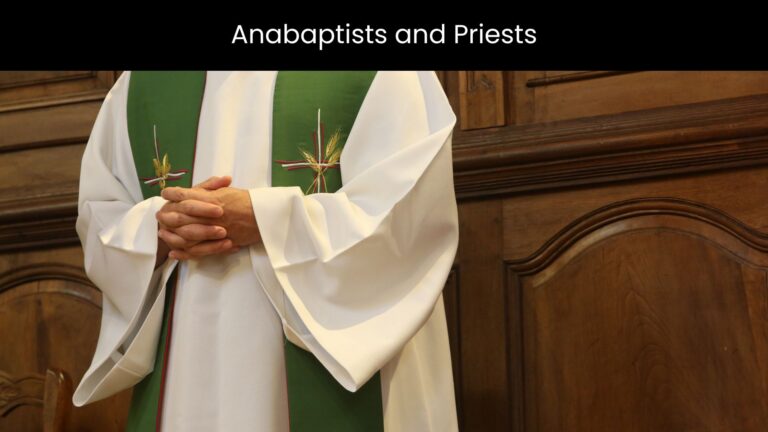
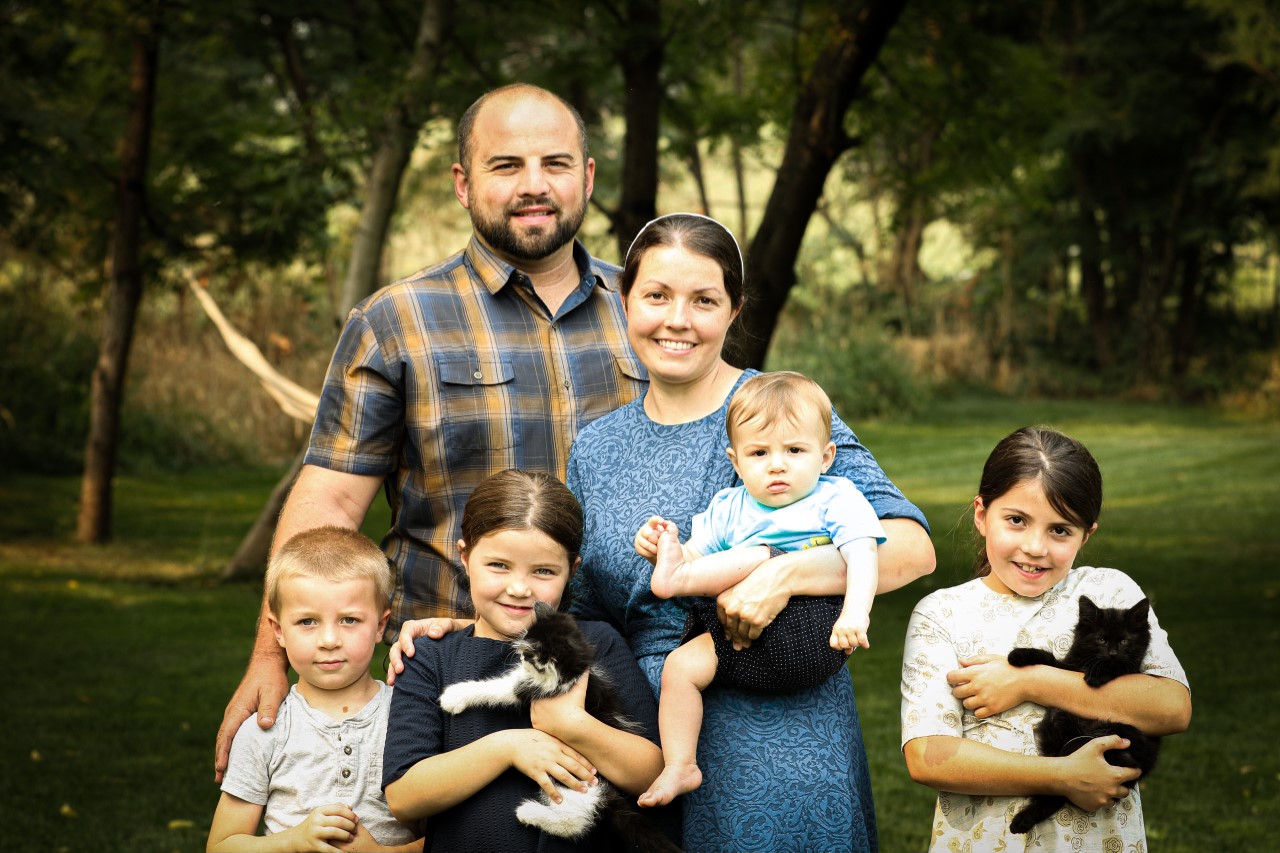



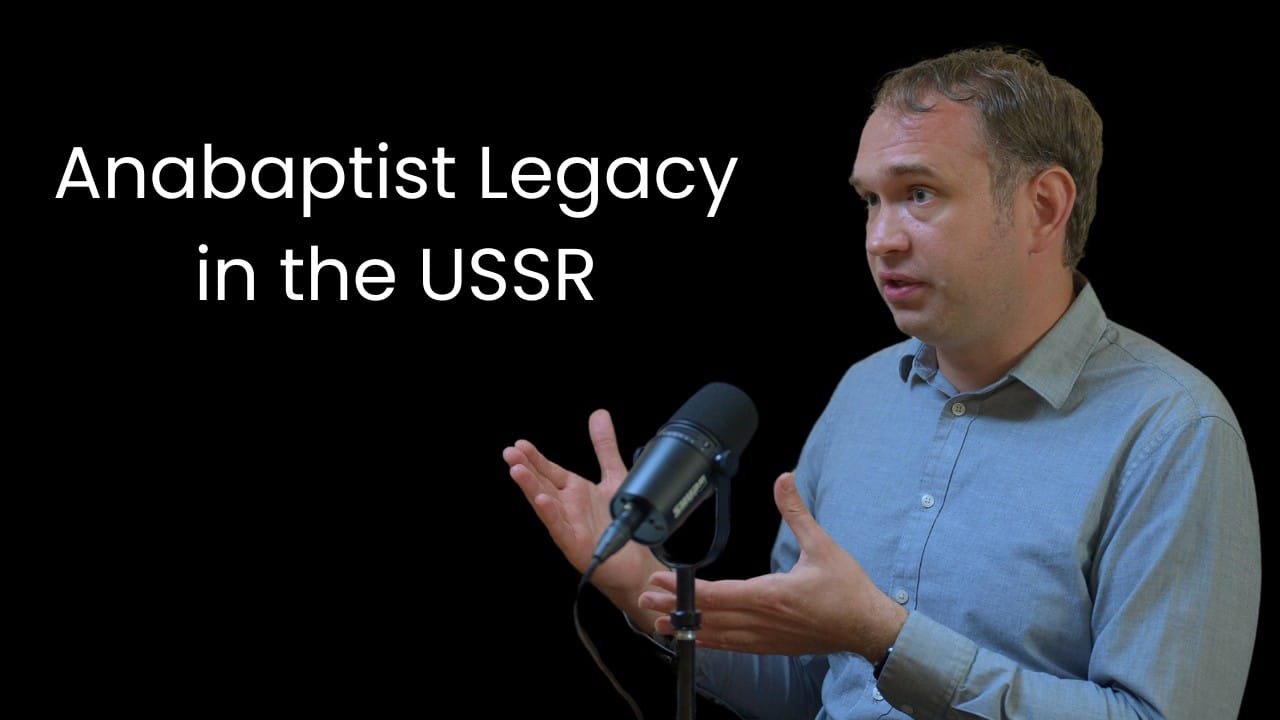
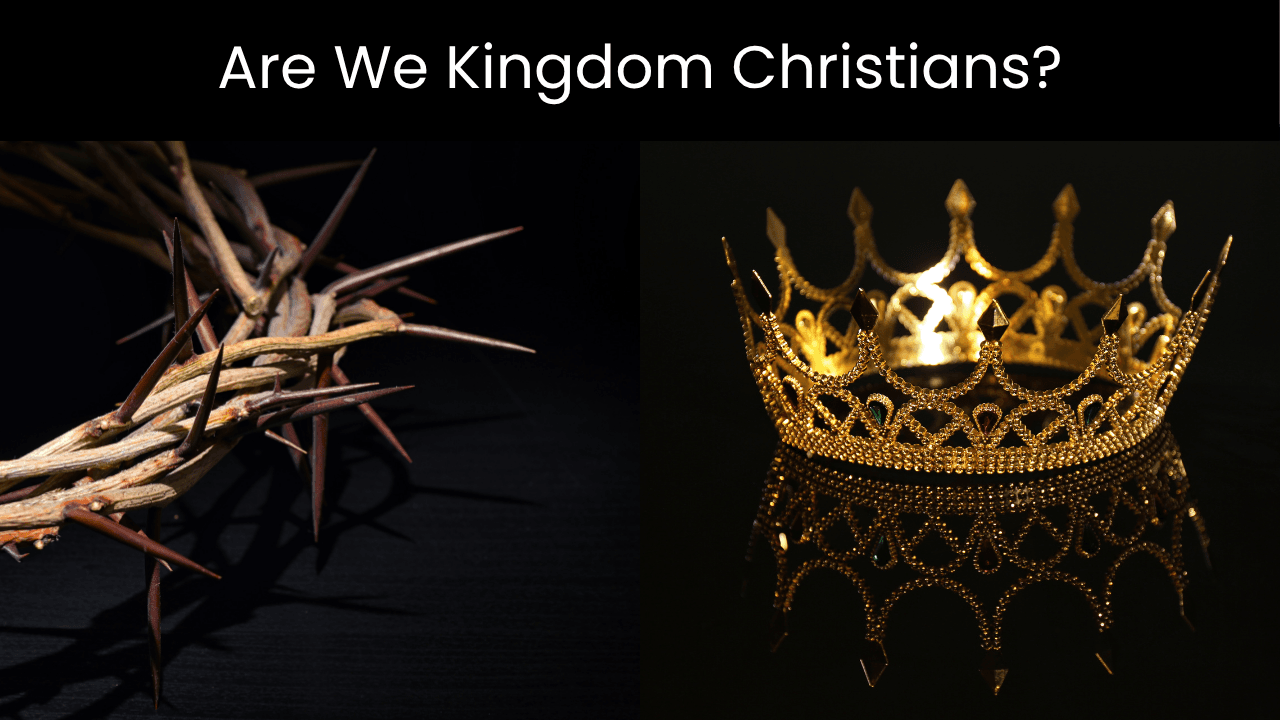
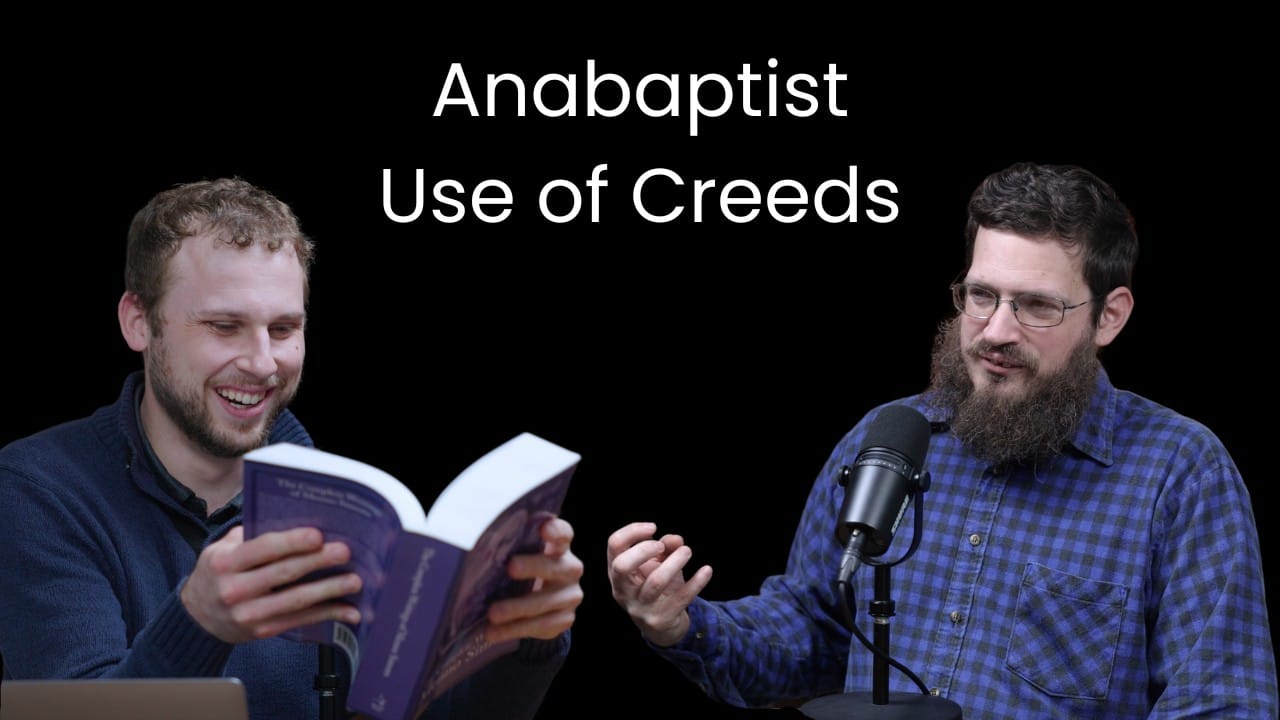
Leave a Reply